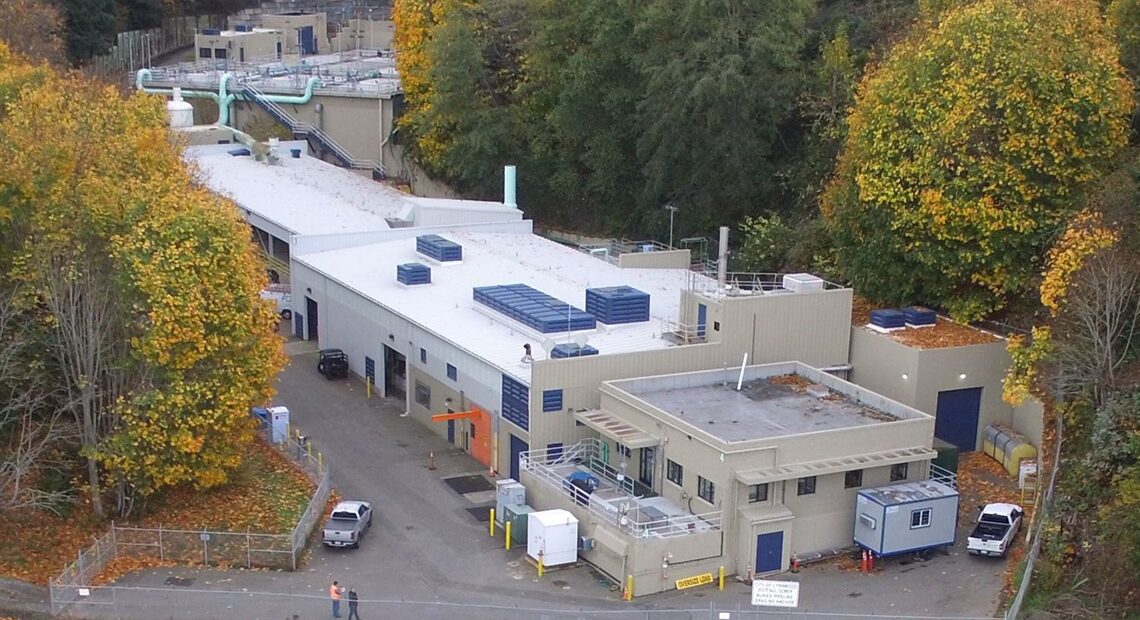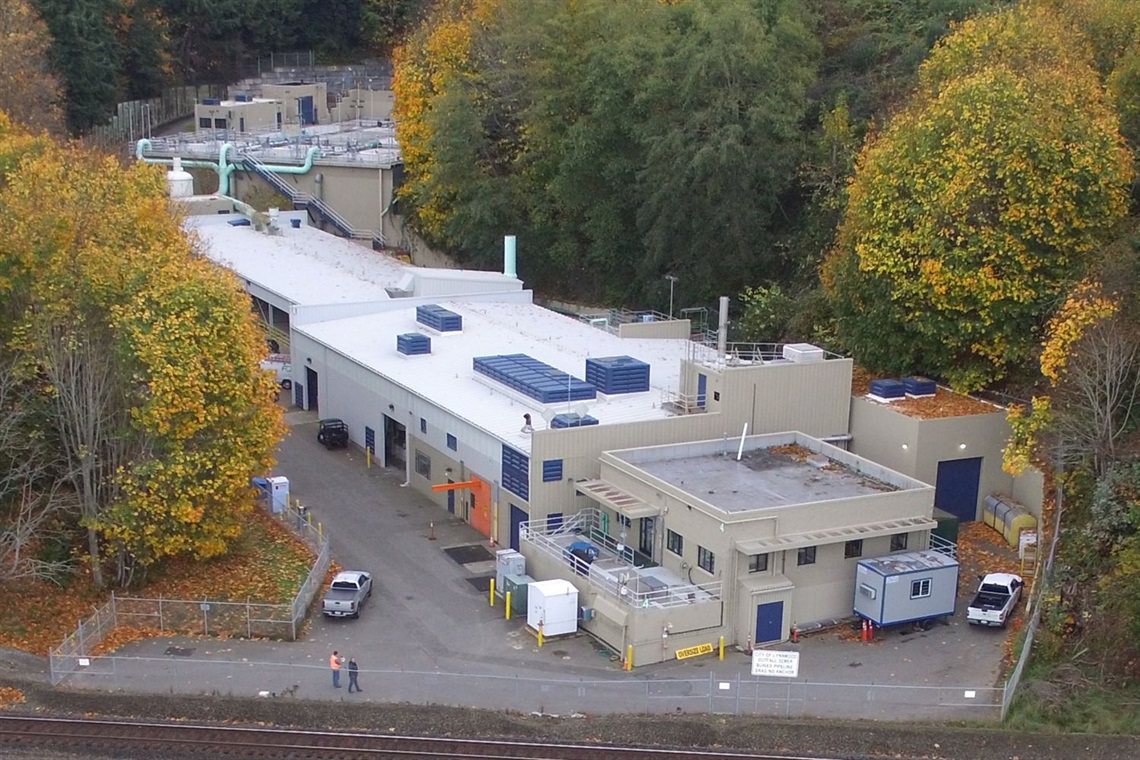
City of Lynnwood pays $550k fine to EPA for Clean Air Act violations
Listen
(Runtime 1:04)
Read
Processing sewage — it’s a dirty job for any city. One way governments choose to process that waste is through incineration. However, the process of burning that waste has to adhere to strict standards, including the Environmental Protection Agency’s Clean Air Act.
An aging incinerator the City of Lynnwood uses to process waste has become less efficient and beginning in 2020, fell out of compliance with those standards. Now, the city has paid more than $550,000 in penalties to the EPA. The city will have to decommission the incinerator to comply with the standards.
The EPA will receive progress reports from the city as it works toward that goal. The agency looks forward to receiving the first of those progress reports later this month, said Bill Dunbar, spokesperson for the EPA Region 10 office in Seattle.
For the next five years, the waste that the incinerator used to process will be hauled to a landfill while the city designs a new wastewater treatment plan, according to Nathan MacDonald, who handles communications and public affairs for the city.
The violations began in 2020 and were not a result of negligence of the staff, according to the city. The aging incinerator affected another piece of equipment, called a scrubber, which washes particulates out of the air to treat emissions. Over the years, MacDonald said the city worked with multiple officials, scientists and the EPA to test and investigate these issues.
“We made a concerted effort to bring our plant back into compliance,” MacDonald said. “It’s always a challenge to do that at times, with varying air quality standards, but we were making a concerted effort to address this and, unfortunately, we landed where we landed.”
It’s standard for inspectors to reach out to determine why an entity is not in compliance when this happens, Dunbar said.
Lynnwood alerted the community to the fine in November when an informal agreement was reached with the EPA. In a press release, Lynnwood Mayor Christine Frizzell expressed frustration that the fine would come from money paid by ratepayers.
“While we respect [EPA’s] decision, those funds taken from our community could be better utilized by being allocated to fund our continued efforts to revitalize our aging wastewater treatment plant,” MacDonald said. “We feel that it’s unfortunate.”
Lynnwood is undergoing a multi-year process to upgrade its wastewater treatment plant. According to the city’s website, that upgraded plant is scheduled to be finished in 2032.
















